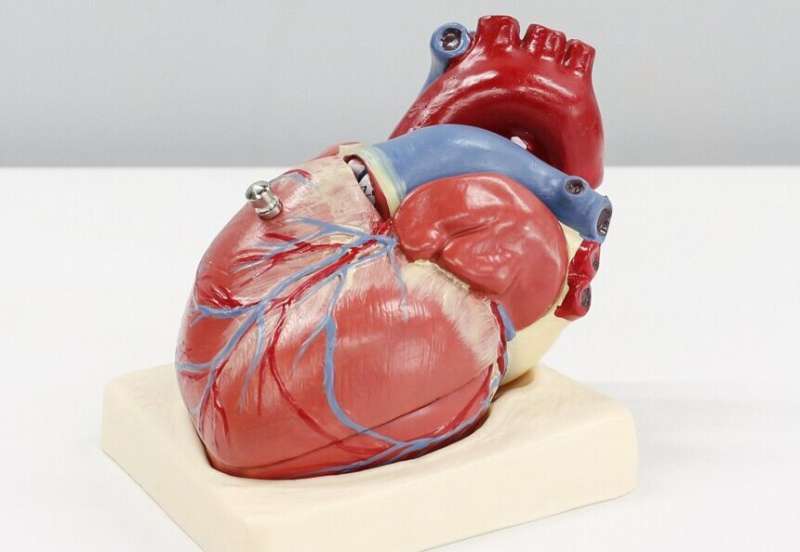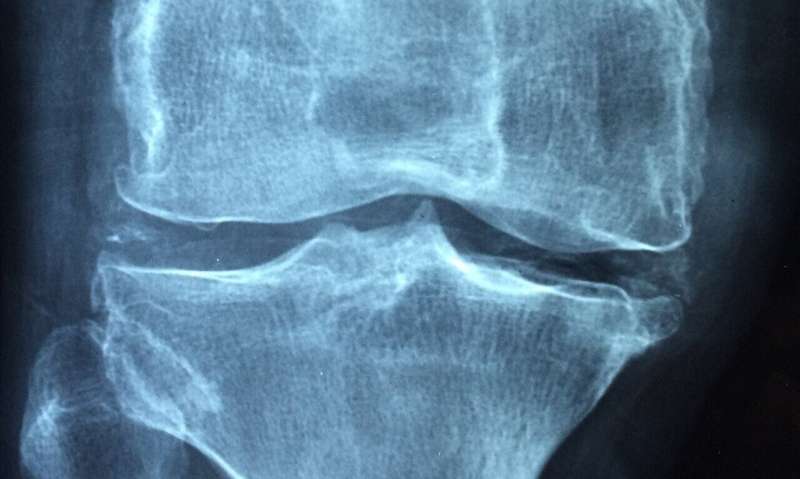Experimental Antibody Shows Promise in Reducing Kidney Fibrosis

A groundbreaking study reveals that an experimental antibody, ABTAA, may protect kidney blood vessels and reduce fibrosis in chronic kidney disease, offering new hope for treatment.
Chronic kidney disease (CKD) affects approximately 10% of the population in Sweden and represents a significant health challenge worldwide. The condition involves a gradual decline in kidney function, which can eventually necessitate dialysis or kidney transplantation. Recent research from the Karolinska Institute, Uppsala University, and Northwestern University has introduced a promising development in the fight against CKD.
A novel experimental antibody named ABTAA has demonstrated the ability to protect kidney blood vessels and mitigate fibrosis — the harmful scarring process that impairs renal function. Published in the Journal of Clinical Investigation, the study focused on how activating a receptor called TIE2 on blood vessels influences the progression of kidney damage. ABTAA works by binding to a specific protein that normally inhibits TIE2, transforming it into an active form that supports vessel stability.
Protecting the vasculature appears to help preserve the kidney’s microenvironment, preventing the signaling pathways that lead to fibrosis. The researchers found that damage to blood vessels does not directly convert into fibrotic tissue; instead, it influences other cell types within the kidney to secrete substances that promote scarring. By activating TIE2, ABTAA effectively reduces this process, thereby lowering fibrosis levels.
Marie Jeansson from the Department of Medicine in Huddinge explained that activating TIE2 could be a new strategy for treating CKD, an area where current options are limited. The study's preclinical models showed that ABTAA not only improved blood vessel integrity but also had beneficial effects on other kidney cells.
Though these findings are promising, the next step involves testing whether such results can be translated to human patients. The research highlights the importance of blood vessel health in kidney disease and opens avenues for developing therapies that target vascular stability to combat fibrosis.
This innovative approach underscores the potential of blood vessel-targeted treatments in managing chronic kidney disease, potentially offering hope for improved outcomes in affected patients. For more details, see the full study at Journal of Clinical Investigation.
Stay Updated with Mia's Feed
Get the latest health & wellness insights delivered straight to your inbox.
Related Articles
Using Sleep Data from Wearable Devices to Predict Preterm Birth
New research demonstrates that sleep pattern variability from wearable devices can effectively predict preterm birth risk, opening new avenues for early intervention in pregnancy health.
New ESC/EAS Guidelines Introduce Enhanced Strategies for Cardiovascular Risk Assessment and Lipid Management
The latest ESC/EAS guidelines introduce improved cardiovascular risk prediction tools and treatment strategies, including statins for high-risk groups, to enhance lipid management and prevent cardiovascular disease.
Supporting Informal Caregivers of Heart Patients: Key Findings and Next Steps
A groundbreaking study reveals the vital need to better support informal caregivers of heart patients, emphasizing education, emotional support, and systemic changes to improve recovery outcomes.



